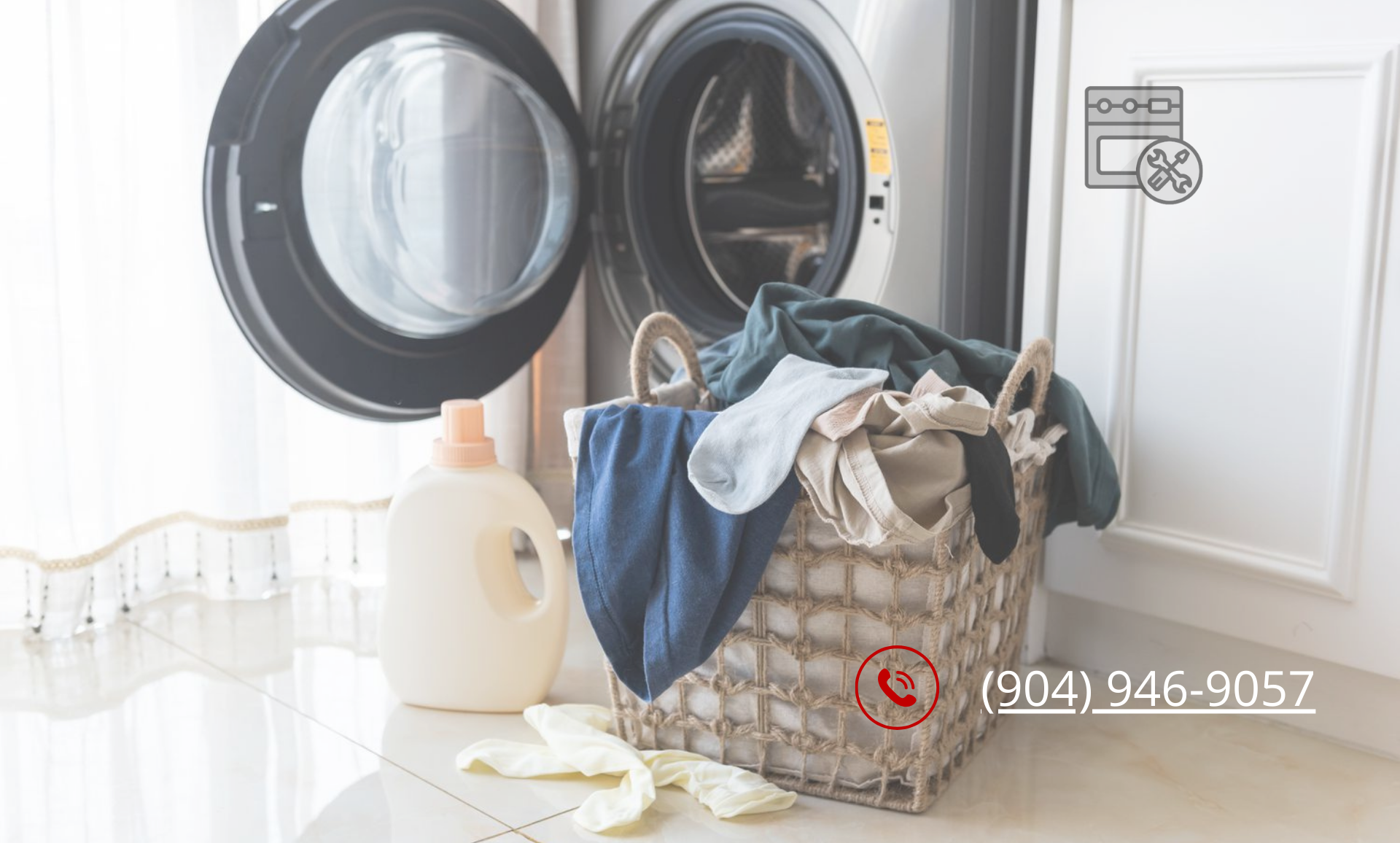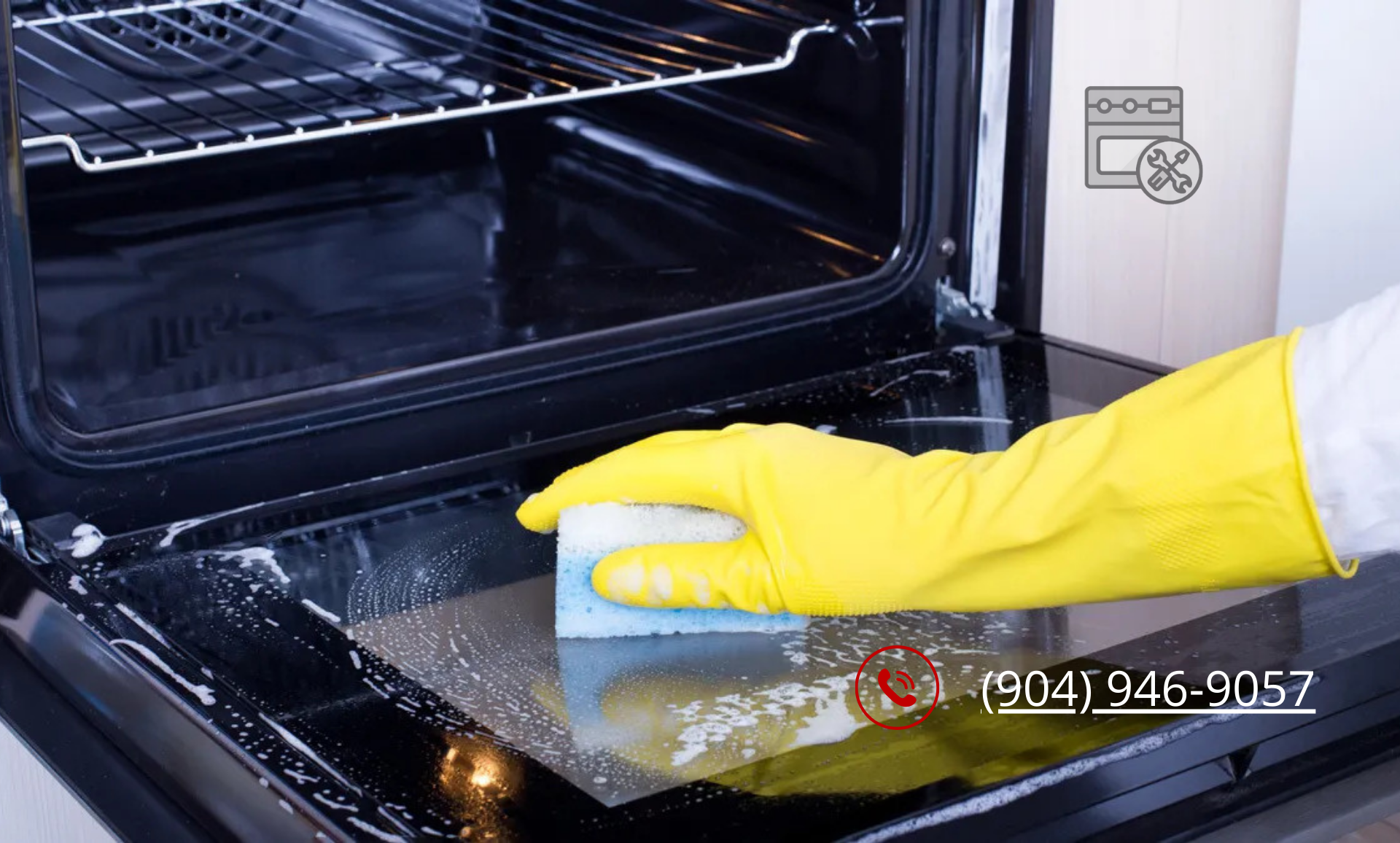Living in Florida comes with its perks – sunshine, beaches, and outdoor living – but high humidity can make laundry a challenge. Clothes take longer to dry, energy bills can rise, and keeping fabrics fresh becomes a daily concern. That’s why selecting the right dryer for your St. Augustine home is essential.
When comparing electric dryer vs gas options, understanding how each performs in Florida’s humid climate is crucial. Energy-efficient dryers save money on utility bills and reduce drying time, helping families stay on schedule without compromising clean, fresh-smelling clothes.
By exploring the gas vs electric dryers pros and cons, you can make an informed choice tailored to your home, lifestyle, and budget. Imagine finishing a load quickly while keeping energy costs low – this is the advantage of choosing the dryer that performs best in humid conditions.
Ready to find the best dryer for your St. Augustine home? Let’s dive into the details.
Understanding Gas vs Electric Dryers
Choosing between gas vs electric dryers starts with understanding how each operates. Gas dryers use natural gas or propane to produce heat, typically drying clothes faster and often more efficiently. Electric dryers rely on heating elements powered by electricity, which can be easier to install but may take longer to dry loads in humid climates like St. Augustine.
Humidity significantly affects drying time. Gas dryers often reach higher temperatures more quickly, reducing overall drying time, while electric dryers can still perform efficiently with proper ventilation and energy-efficient dryer settings.
Understanding the differences between electric dryer vs gas models empowers homeowners to make confident, stress-free decisions. Considering installation needs, energy costs, and drying performance ensures your dryer suits Florida’s high-humidity environment.
Energy Consumption and Efficiency
Comparing dryer energy consumption is key when deciding between gas and electric. Gas dryers generally use less electricity since they rely on natural gas for heat, while electric dryers consume more power to achieve similar results. This difference can noticeably impact monthly bills, especially in humid climates where laundry dries slower.
Energy-efficient dryers offer features like moisture sensors, eco-friendly drying cycles, and high-efficiency motors. Proper maintenance, including regular lint filter cleaning and ensuring good ventilation, maximizes efficiency in St. Augustine’s humid conditions.
Using the right dryer wisely provides peace of mind, saving money while minimizing environmental impact – a practical choice for energy-conscious households.
Cost Comparison of Gas and Electric Dryers
When evaluating gas dryer vs electric dryer cost, consider both upfront and long-term expenses. Gas dryers often have higher purchase prices and require professional installation for gas connections and ventilation. Electric dryers are usually cheaper to buy and easier to install but can incur higher monthly energy costs, particularly in humid climates where drying takes longer.
For St. Augustine households, a typical gas dryer vs electric dryer cost difference might range $200–$400, with gas dryers potentially offering lower long-term utility bills. Investing in energy-efficient dryers can further reduce monthly costs while ensuring fast, reliable drying.
By understanding these real-world costs, homeowners can make informed decisions balancing budget, convenience, and efficiency – ensuring laundry gets done reliably without surprises.
Pros and Cons of Each Dryer Type
When weighing electric dryer vs gas options, it’s important to review the gas vs electric dryer pros and cons, especially in humid Florida.
Gas Dryers:
- Pros: Faster drying times, lower long-term energy costs, often longer lifespan. Ideal for high-volume laundry.
- Cons: Higher upfront cost, requires professional gas line installation, and additional safety considerations.
Electric Dryers:
- Pros: Lower purchase price, simple installation, fewer safety concerns. Perfect for apartments or homes without gas lines.
- Cons: Longer drying times, higher monthly energy usage, particularly in humid climates, potentially causing extra fabric wear.
Understanding these trade-offs helps families choose the safest and most convenient option for their home.
Choosing the Right Dryer for St. Augustine Homes
Selecting the ideal dryer in St. Augustine requires considering electric dryer vs gas performance and overall efficiency. Factors like home size, local utility rates, humidity, and drying needs influence the best choice.
For humid climates, dryers with moisture sensors or enhanced venting reduce drying times and energy use. Regular maintenance – cleaning lint traps and ensuring proper airflow – extends the lifespan of your unit.
By evaluating these elements, homeowners can confidently choose a dryer that fits their lifestyle, reduces energy costs, and handles Florida’s humidity without compromising performance.
Investing in energy-efficient dryers supports sustainability while lowering utility bills. Take time to review models, consider local energy rates, and select a dryer designed to perform reliably in humid climates.
For personalized guidance, contact our local St. Augustine team or review available models to ensure the best choice for your home.
FAQ:
1. Which dryer works best in humid Florida climates?
Gas dryers often dry clothes faster, reducing moisture exposure. Good ventilation is essential for both types.
2. How do energy-efficient dryers save on bills?
They use advanced heating and sensor technology to minimize electricity or gas use, cutting utility costs while maintaining drying performance.
3. Are gas dryers more cost-effective than electric?
Gas vs electric dryers differ in purchase and operating costs. Gas dryers may cost more upfront but usually save money on monthly energy bills, especially in humid areas.
4. How long does each dryer type last under heavy use?
Both can last 10–15 years with proper maintenance, including vent and filter cleaning.
5. What maintenance tips improve dryer efficiency?
Keep vents and filters clean, avoid overloading, and inspect gas lines or electrical connections. Proper care reduces energy consumption and prolongs lifespan.



